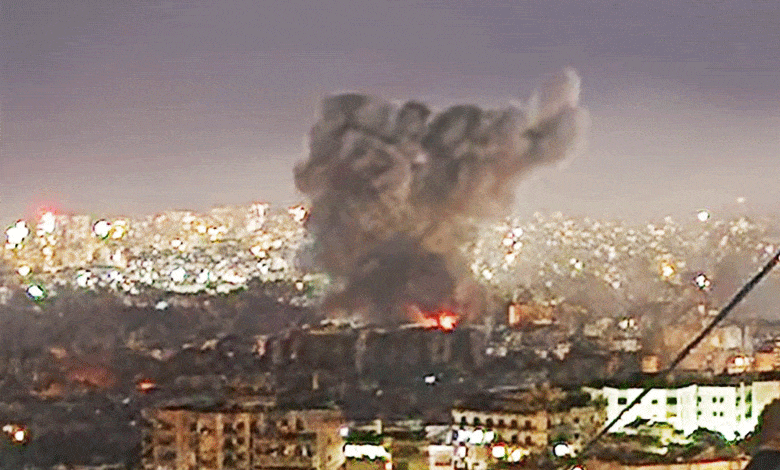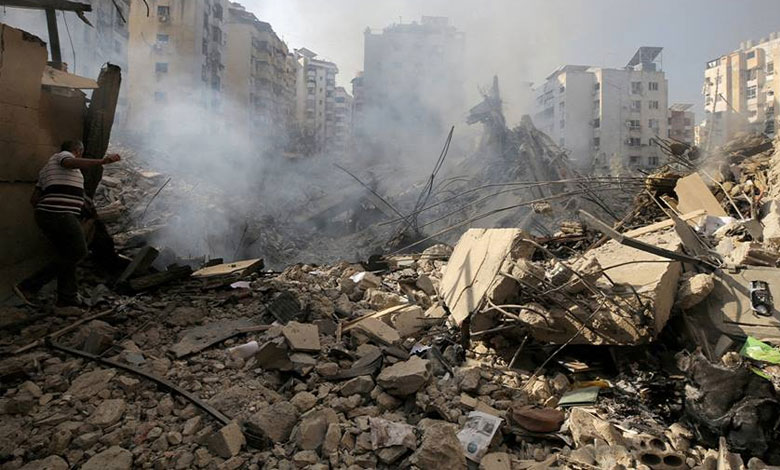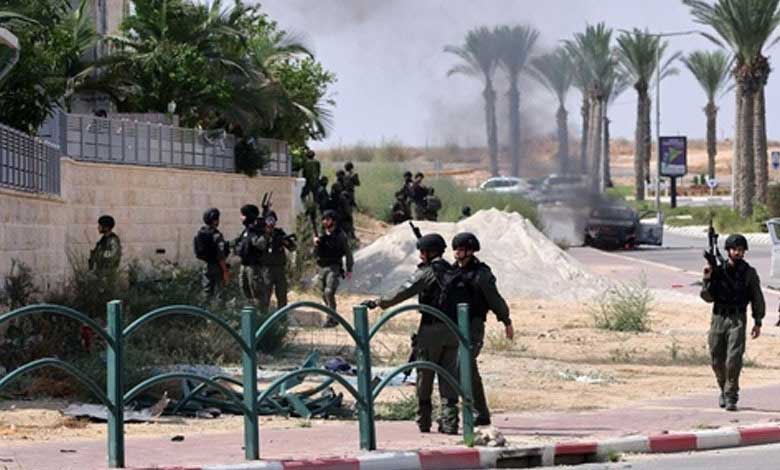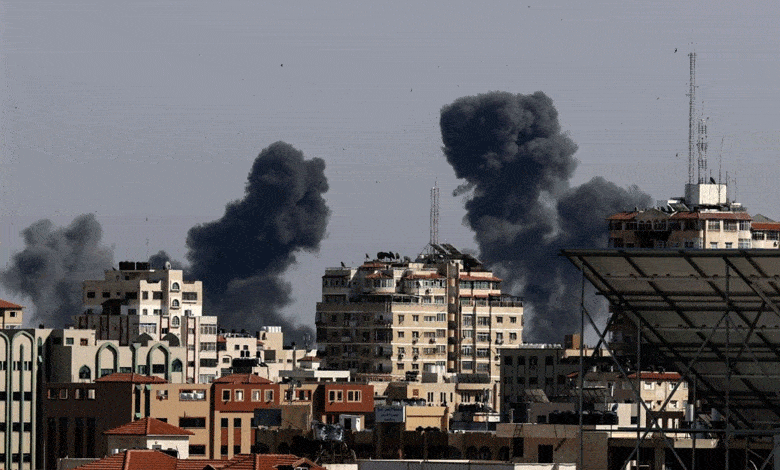Israeli Airstrike Hits Lebanon Amid Ceasefire Agreement: Report
"Israeli airstrike targets Lebanon's Baalbek region despite a ceasefire agreement, escalating tensions and raising concerns over violations of the UN-backed truce."

Beirut: An Israeli airstrike targeted a house in eastern Lebanon’s Baalbek area early Wednesday morning, despite a standing ceasefire agreement between Lebanon and Israel.
The strike, which caused no casualties, has reignited tensions in the region and raised questions about the durability of the ceasefire.
Table of Contents
Details of the Airstrike in Baalbek
The Lebanese National News Agency (NNA) reported that the dawn strike hit a house in the Taraya village plain, near the Litani River west of Baalbek. Lebanese officials accused Israeli warplanes of violating the ceasefire agreement, which was implemented last month to end over 14 months of conflict.
In a separate incident, Israeli artillery reportedly fired several shells at the southern village of Maroun al-Ras near the border. A Lebanese military source revealed to Xinhua News Agency that Israeli forces raised their flag on Awaida hill, located on the southern outskirts of the Marjeyoun district.
Ceasefire Agreement Under Strain
The ceasefire, which took effect on November 27, aimed to de-escalate hostilities between Israel and Hezbollah. Key terms of the agreement included:
- Israel’s withdrawal from Lebanese territory within 60 days.
- Deployment of the Lebanese Army along the border and southern regions to assume security control.
- Prohibition of weapons and militant activities in these areas.
Despite these provisions, Israeli strikes have continued sporadically, complicating the implementation of the agreement.
Lebanese Government Responds to Violations
The Lebanese Ministry of Foreign Affairs and Emigrants has condemned the repeated Israeli violations. The ministry, through its Permanent Mission to the United Nations, filed a formal complaint with the UN Security Council (UNSC).
According to the complaint, Israel has launched over 816 land and air attacks on Lebanon between November 27 and December 22. The reported violations include:

- Shelling of border villages.
- Booby-trapping homes.
- Destruction of residential neighborhoods.
- Blocking critical roadways.
The Lebanese ministry stated on social media platform X that such actions hinder the deployment of the Lebanese army in the south, jeopardize UN Resolution 1701, and threaten international efforts to maintain regional stability.
Israel’s Justification for Strikes
Israeli officials claim their actions are targeted operations against Hezbollah militants, whom they accuse of breaching the ceasefire agreement. The Israeli military maintains that its strikes are a defensive response to continued threats from Hezbollah, a militant group based in Lebanon.

Broader Implications for Regional Stability
The latest airstrike underscores the fragile nature of the ceasefire and the ongoing challenges in achieving lasting peace between Lebanon and Israel. Key issues at stake include:
- Violation of UN Resolution 1701: This resolution, adopted in 2006, calls for the cessation of hostilities and the disarmament of Hezbollah.
- Tensions Along the Border: Israeli artillery activity and flag-raising on contested territories exacerbate territorial disputes.
- Impact on Civilians: Intermittent strikes in Lebanon have caused casualties, displacement, and destruction of infrastructure, adding to the region’s humanitarian crisis.

International Community’s Role
Global stakeholders, including the UN Security Council, are being urged to intervene and hold Israel accountable for ceasefire violations. The situation calls for renewed diplomatic efforts to ensure both sides adhere to the terms of the agreement and avoid further escalation.
Also Read | Israeli airstrike kills 15 Palestinians in Gaza (Ld)
A Fragile Peace at Risk
The recent Israeli airstrike in Baalbek highlights the precarious nature of the Lebanon-Israel ceasefire. Continued violations not only undermine trust but also pose a significant threat to regional peace and security. As tensions simmer, the international community must act decisively to uphold the ceasefire and support efforts for sustainable conflict resolution.
For ongoing updates and detailed analysis, follow verified news outlets and regional reports.
